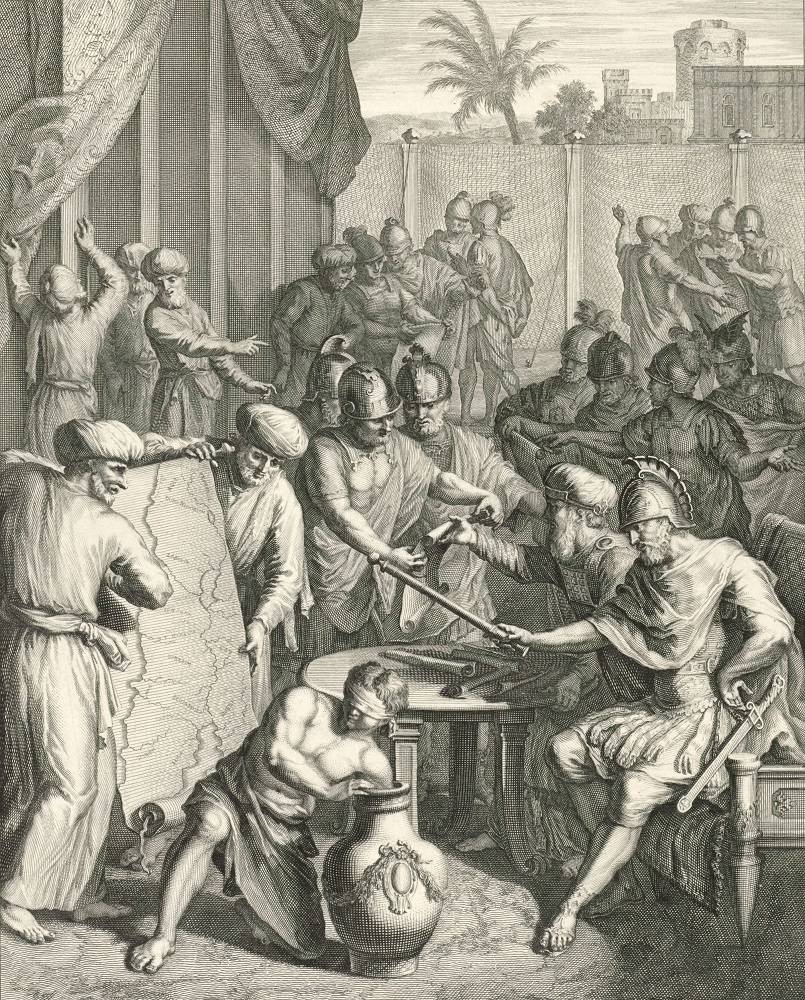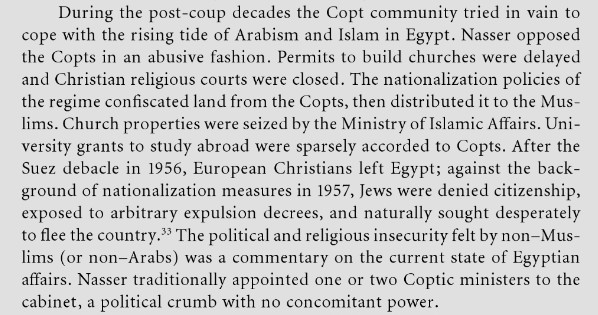Tomorrow the Holy Synod of the Serbian Orthodox Church will elect the 46th Patriarch. Much has been said about the political context; this is a thread about randomness in its electoral rules, which makes it an unique and rare event, and also a lesson in institutional resilience.
The Serbian Church is one of the few institutions of its kind in the world that uses sortition, casting lots, to choose a leader. Even though the mechanism is ancient, and rooted in the Old Testament, it was recreated in the 20th century, as a response to modern challenges.
The casting of lots is found throughout the Bible. It is not clear exactly how it was done (sticks, stones, dice), but the goal was to determine a decision without human influence, and the apparent randomness was interpreted as a divine decision.
In the middle ages sortition was widespread, very popular in the Italian communes and Venice. Yet it was becoming marginalized and abandoned in church use. It was completely banned in the Roman Catholic Church and an unusual practice in orthodox churches.
https://core.ac.uk/download/pdf/226970358.pdf
https://core.ac.uk/download/pdf/226970358.pdf
The use of sortition in the election of an orthodox patriarch is associated with 1917, when, in the tumultuous weeks after the Bolshevik seizure of the capital, the Council of bishops decided against a majority vote, and elected patriarch Tikhon by lot, from three candidates.
A box containing three names was brought into the church, and a monk was asked to draw the lot. However, in the coming years, the Soviet state prevailed, and other patriarchs were elected in an open vote, uncontested, upon the approval of the government.
https://www.biblicalstudies.org.uk/pdf/rcl/06-1_017.pdf
https://www.biblicalstudies.org.uk/pdf/rcl/06-1_017.pdf
Nevertheless the practice continued elsewhere. In Egypt, after Nasser's 1952 coup, the dominant pan-Arab nationalism and socialism affected Copts. In 1957, as a response to an increasing state encroachment, the Coptic Orthodox Church changed the way Alexandrian Popes are elected.
The following three Popes (Cyril VI in 1959, Shenouda III in 1971, Tawadros II in 2012) were chosen by lot. Here's a fascinating video of the 2012 election. A blindfolded child, selected out of 12, picks 1 of the 3 balls containing the candidate names. https://www.bbc.com/news/world-middle-east-20192922
The third church to adopt sortition was the Serbian Orthodox Church. After the socialist victory in Yugoslavia in 1945, two patriarchs were elected, in 1950 and 1958, but the pressure was mounting, and in 1967 the church changed the constitution, and the way it elects patriarchs.
Through unlimited iterations, the Synod selects 3 candidates that have to obtain an absolute majority of votes (50%+1). This ensures the future patriarch has the support of the majority of bishops. Their names are written on paper, placed in envelopes, and in the Bible.
The Synod then selects a head of a monastery, and invites him to come and pick one envelope. This process should assure the randomness of the selection. Finally, the remaining envelopes are opened, showing that no manipulation occured with the papers.
http://www.jura.kg.ac.rs/gp/1/l/clanci/Dzomic.htm
http://www.jura.kg.ac.rs/gp/1/l/clanci/Dzomic.htm
Two elections were held this way (Pavle in 1990, Irinej 2010). Tomorrow this will be only the 3rd patriarch drawn by lot, as in Egypt. If a younger person is elected, this event will not repeat for decades, and if the constitution changes and sortition is abandoned, never again.
Which brings me to the point. These different ecclestical institutions adopted similar mechanisms in similar environments. When confronted with external pressure by a hostile secular state, the goal of sortition was to protect their internal autonomy. And the logic is simple.
The state can try to influence the decision by coercion or cooption. But If the outcome can't be ensured, because it is random, this removes some pressure from the electorate. It isn't absolute protection, it's a smart way to make pushing through a preferred candidate difficult.
Why this thread? It's a good example of the power of electoral rules, and how these actors with 'longue duree' knew how to use them to avoid being crushed by an all-powerful state. I think it's a lesson of resilience of smart institutions in times of encroaching authoritarianism.
For good pieces in English on the political side of the tomorrow's election, I recommend @srdjancvijic and @RobinIzHuda articles. And, if you know of any interesting articles on these electoral practices, let me know. /
https://balkaninsight.com/2021/02/10/serbias-president-will-struggle-to-get-patriarch-he-can-control/
https://balkaninsight.com/2021/02/17/serbian-church-picks-patriarch-politics-in-play/
https://balkaninsight.com/2021/02/10/serbias-president-will-struggle-to-get-patriarch-he-can-control/
https://balkaninsight.com/2021/02/17/serbian-church-picks-patriarch-politics-in-play/
Yes, I managed to mix up the names of the institutions: the Synod doesn't elect, the Assembly of Bishops elects. Minor mistake really. 
Thanks @DejanBursac

Thanks @DejanBursac

 Read on Twitter
Read on Twitter




